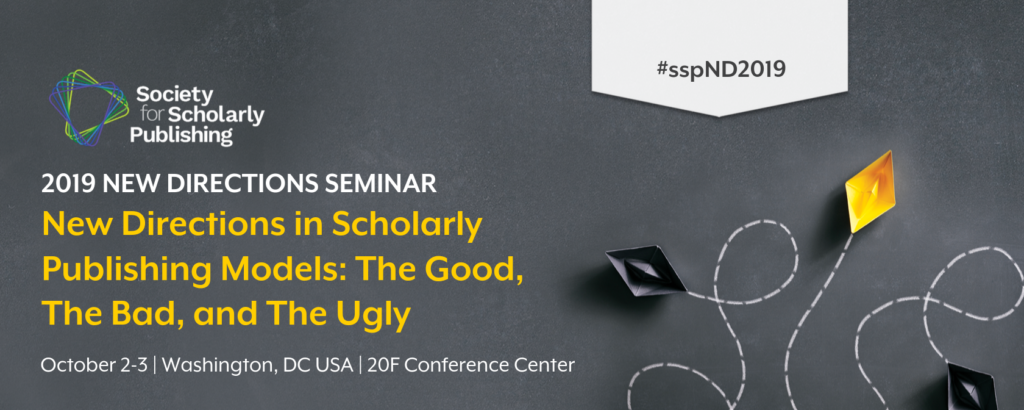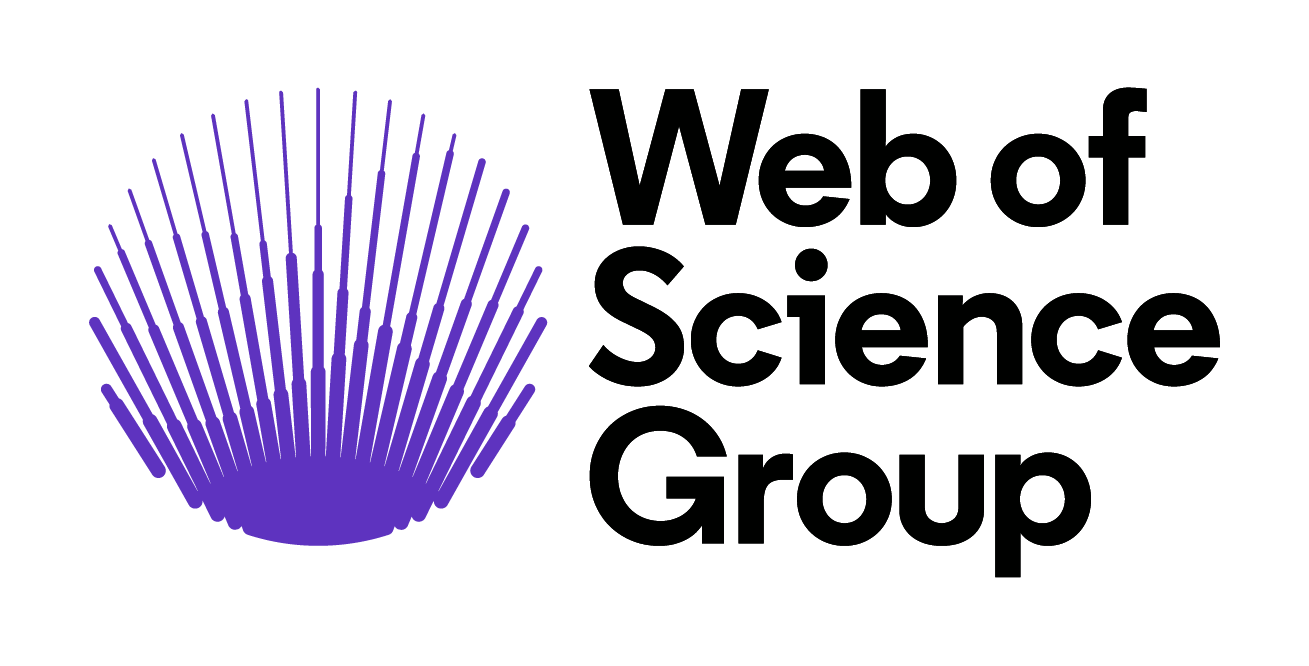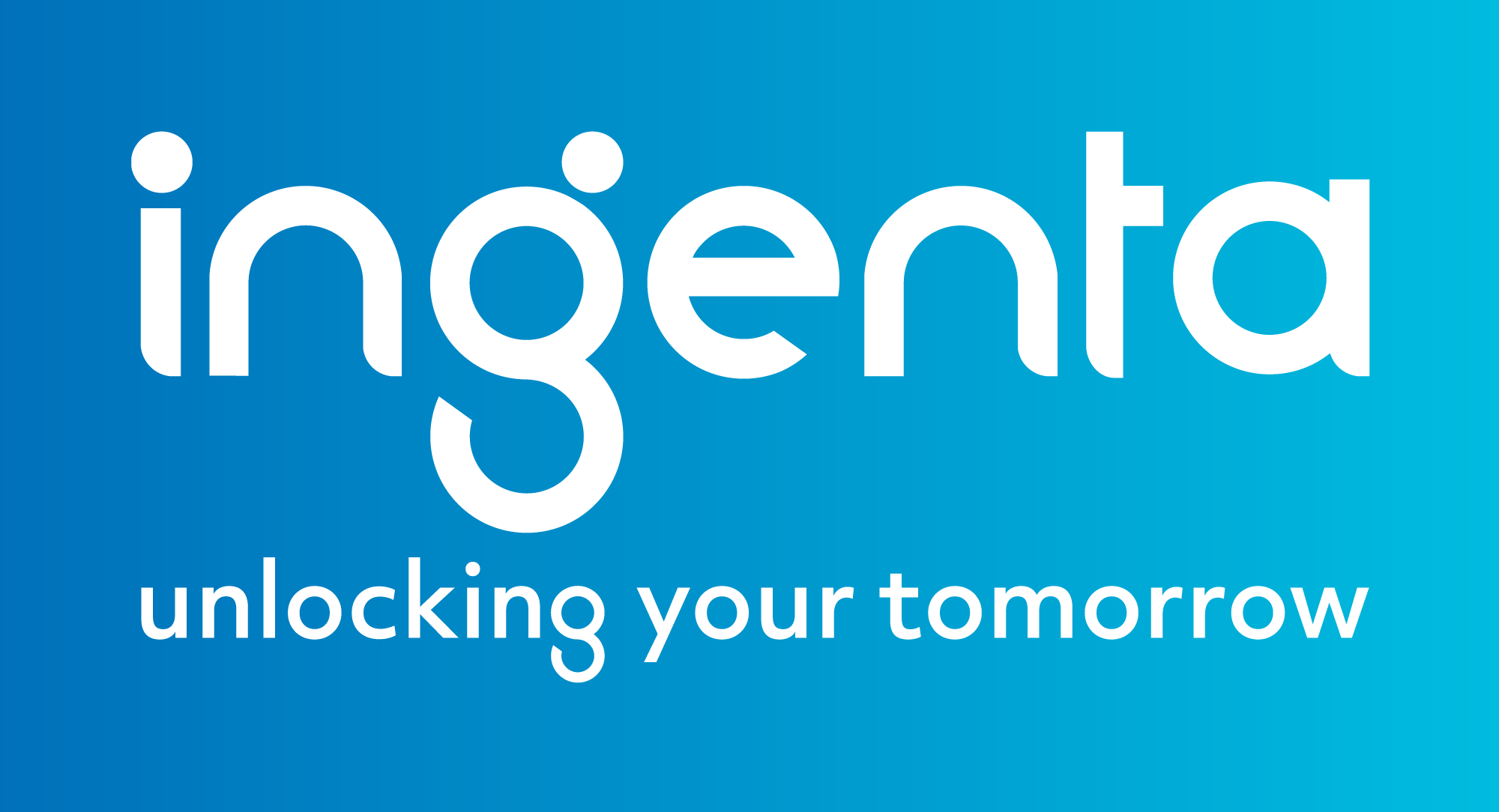New Directions in Scholarly Publishing Models:
The Good, The Bad, and The Ugly
October 2-3, 2019
Washington, DC
Through keynote speaker presentations, panel sessions, and roundtables, SSP explored new ways in which publishers and industry leaders are considering and creating new business models, new technologies, and new approaches in publishing to address today’s challenges. The seminar was held October 2-3, 2019 in Washington, DC, USA. A virtual registration option was also available.
This year’s seminar highlighted the good, the bad, and the ugly of current and newly emerging initiatives in the academic publishing world. Along with highlighting successful new models, the seminar allowed for lively discussion and debate surrounding some of the most talked-about enterprises in the field, from PlanS and OA2020 to new peer review models and preprint servers, spam journals, and mega journals. The seminar highlighted and emphasized the “good” of some of these new models, while simultaneously providing constructive deliberation on some of the “ugly” proposals from the perspective of a variety of stakeholders, including academics, librarians, researchers, and open access advocates.
Day 1 – Wednesday, October 2nd
10:00 AM Welcome and Opening Remarks
Melanie Dolechek, Executive Director, Society for Scholarly Publishing
10:10 – 11:00 AM The “New Normal” in Scholarly Publishing
Keynote Speaker, Rachel Burley, President, Research Square
11:00 am -12:00 PM New Directions in Open Access Business Models and Open Access Initiatives
Moderator:
Lauren Kane, CEO, Delta Think
Speakers:
Sara Rouhi, Director of Strategic Partnerships, PLoS
Beth Craanen, Director of Publications, The Electrochemical Society
Kelley A. Squazzo, Director, Publisher Relations & Content Development, Project MUSE
In our opening session, expert panelists from three nonprofit publishers addressed how their respective organizations are exploring new open access business models and ideas that go beyond traditional APCs. Plan S, OA2020, and other emerging global policies have exacerbated recent discussions about open access. But many nonprofit organizations have long been pushing the envelope in finding new ways to facilitate open research, in pursuit of both mission fulfillment and revenue diversification. This enlightening session discusses these innovative approaches and the opportunities and challenges they present for their forward-looking sponsors.
12:00 – 1:00 PM Networking Lunch
1:00 – 2:30 PM Disrupting Peer Review
Moderator:
Heather Staines, Head of Partnerships, MIT Knowledge Futures Project
Speakers:
Jessica Polka, Executive Director, ASAPbio
Damian Pattinson, VP of Publishing Innovation, Research Square
David Mellor, Director of Policy Initiatives, Center for Open Science
Peer review continues to be an essential part of the formal publication process; however, scholarly research is in a constant state of development. In the last few years, there has been a wave of innovation in peer review research, platforms, discussions, tools, and services, coupled with the ongoing and parallel evolution of scholarly communication as it potentially adjusts to various “open science” initiatives. Check out this interactive session as we explore badging as transparency indicators, the impact of peer-reviewing preprints, and utilizing communities to separate process from the publication workflow.
2:45 – 3:30 PM Advancements and New Directions in Scholarly Indexing
Moderator:
Scott Dineen, Senior Director, Publishing Production & Technology, The Optical Society of America
Speakers:
Carl Leak, Life Sciences Librarian, George Mason University
Jesse Frantz, Research, Naval Research Laboratory and Topical Editor, Applied Optics
Adrian Stanley, Managing Director, Publishers, Digital Science and Past President, SSP
Mariana Boletta, Acting Executive Director, Web of Science, Clarivate Analytics
We are all familiar with the most influential indexing services in academic publishing, including Web of Science and the Impact Factor as well as PubMed/MEDLINE, which indexes reputable research in life sciences and biomedical fields, but what about newly advancing indexing services that are driving fields forward? This session covers not only the ever-advancing influence of the Impact Factor, but also delves into how other metrics and resources (Google Scholar, Scopus, h-Indexes, and more) are advancing the legitimacy of the scientific record across the globe.
Moderator:
Elizabeth Lorbeer, Chair, Department of Medical Library, Western Michigan School of Medicine
Speakers:
Tom Olijhoek, Editor-in-Chief, DOAJ
Ann Michael, Chief Digital Officer, PLoS and Past President, SSP
Dr. Stephen Gonsalves, Health Scientist Administrator, Office of Research Integrity
Over the past decade, peer-reviewed research has experienced a mushrooming crisis in the emergence of predatory journals. The reporting of false data, the manipulation of peer review, and the exploitation of authorship are all forms of gross scientific misconduct that many editors and publishers unfortunately face on a regular basis. Along with the surge of retractions that has touched even the most reputable publications, editors, and gatekeepers, the scientific community has sought meaningful remedies to track, record, blacklist, and carefully monitor the repeat offenders. Along the way, publishers of prominent mega journals have been caught in the crossfire, often viewed as perpetrators encouraging the publication of vast amounts of mediocre research. This lively and meaningful discussion of our expert panelists dissects the situation at hand and presents best practices and approaches to work together to uphold meaningful, influential, and impactful science that drives scientific fields forward.
Day 2 – Thursday, October 3rd
10:00 AM Welcome and Opening Remarks
10:10 – 11:00 am New Tools in Visibility and Findability of Research
Moderator:
John Shaw, Vice President and Chief Technology Officer, SAGE Publishing
Speakers:
Neil Blair Christensen, Sales Director, Americas, UNSILO
Stephanie Garrett, CEO and Founder, podDB
Sean Rife, Director of Research, scite.ai
Alex Wade, Group Technical Program Manager, Meta
This session brought together experts from all corners of academic publishing to discuss the newest and coolest technologies that are changing the way researchers find impactful science. From innovative startups to established publishing houses, we identified and discussed a number of organizations creating new and exciting tools that allow researchers to access important published content. This dynamic, thought-provoking session was followed by a lively interactive discussion.
Moderator:
Angela Cochran, Managing Director and Publisher, American Society of Civil Engineering and President, Society for Scholarly Publishing
Speakers:
Karin Wulf, Executive Director, Omohundro Institute of Early American History & Culture
Judy Luther, President, Informed Strategies LLC
Lisa Janicke Hinchliffe, Professor/Coordinator for Information Literacy Services and Instruction, University Library, University of Illinois at Urbana-Champaign
This panel of Scholarly Kitchen Chefs discusses the future of scholarly communication, particularly for independent and society publishers, in light of the conversations held over the past two days. Which OA and peer review models will emerge as dominant in the coming years? Who among the current crowd of “disruptors” are they watching most closely? And what must stakeholders in scholarly communications do to ensure the sustainability of their organizations over the longer term? The Chefs consider these questions and more in this lively closing panel.




